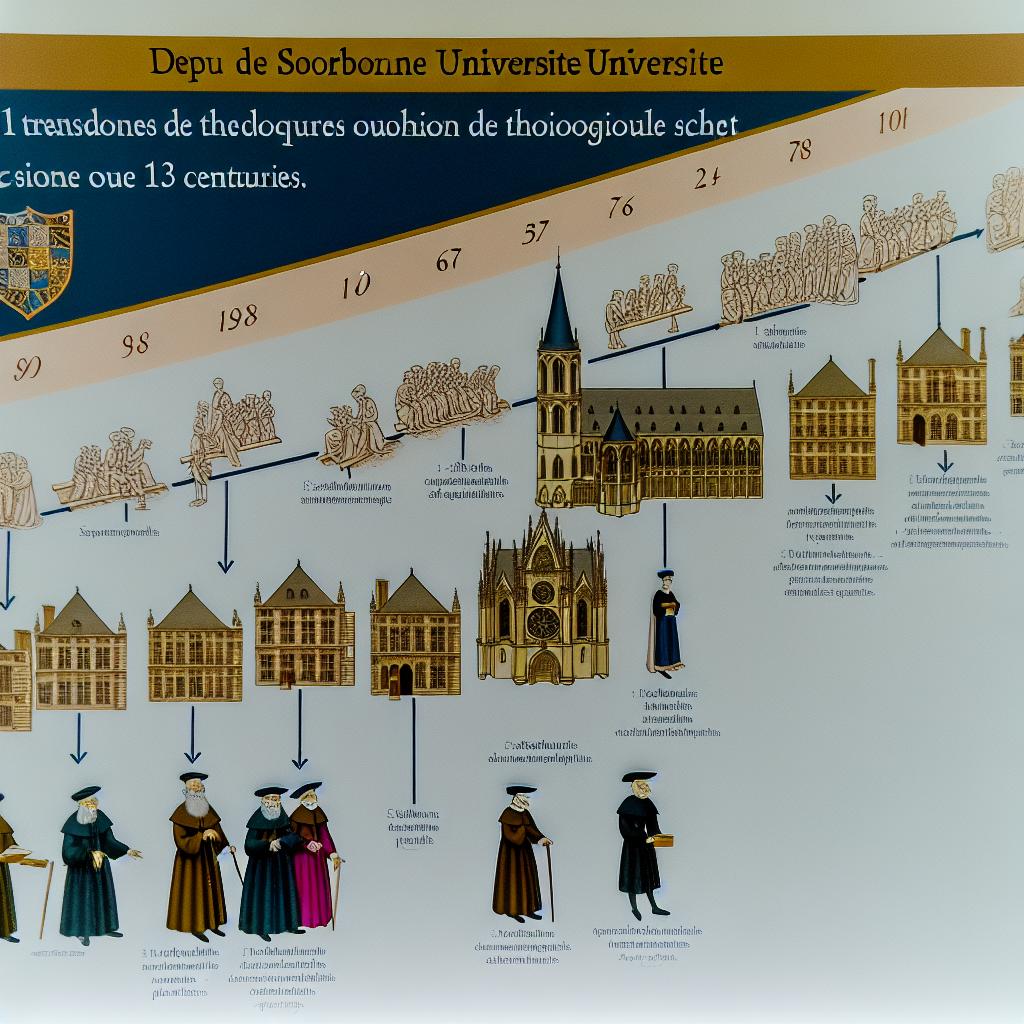The Origins of the Sorbonne University
The Sorbonne University boasts a rich intellectual heritage that is deeply rooted in the history of Paris. Dating back to the 13th century, the institution was initially established as a theological college. This foundational endeavor was driven by Robert de Sorbon, a chaplain under the reign of King Louis IX of France. The primary objective of Sorbonne’s creation was to provide accessible education to impoverished students, particularly those engaged in the study of theology, which was considered the preeminent discipline during that period. The endeavor to offer such educational opportunities reflects the broader context of medieval Paris, which was a burgeoning center of scholastic achievement.
Development Over Centuries
As the centuries unfolded, the evolution of Sorbonne University was marked by resilience and adaptability through numerous sociopolitical shifts. Among these events, the French Revolution stands out as a critical time that challenged many educational institutions, leading to significant restructuring or temporary closures. Yet, Sorbonne managed to weather these upheavals.
In the 19th century, a pivotal transformation ensued, characterized by an extensive modernization of the curriculum. This expansion extended the university’s educational offerings well beyond the initial theological focus to encompass a broad spectrum of disciplines. This diversification was crucial in establishing Sorbonne as a comprehensive institution capable of adapting to the educational needs of a changing world.
The Role of the Sorbonne in Higher Education
Throughout its extensive history, Sorbonne University has consistently been recognized as a paragon of academic excellence and a significant contributor to the evolution of higher education not only within France but internationally. Its continuous attraction of scholars, intellectuals, and students from diverse global regions underscores its prestigious reputation. In contemporary times, Sorbonne University enjoys acclaim as a distinguished center for research and learning. It makes substantial contributions across various domains ranging from humanities to sciences.
Sorbonne’s Reformation in the 20th Century
The early 20th century heralded a critical period of reform for Sorbonne University, driven by the need to align with new educational demands characteristic of that era. This restructuring culminated in 1970 with the division of the original University of Paris into several distinct entities now known as the Parisian universities. This reformation was instrumental in achieving improved management of both resources and academic disciplines, thereby ensuring more specialized and effective educational frameworks.
Contemporary Sorbonne University
In current times, Sorbonne University embodies the outcome of multiple mergers and academic collaborations, representing the dynamism inherent to modern higher education. The most notable development in this transformation was the amalgamation of Paris-Sorbonne University and Pierre and Marie Curie University. This merger succeeded in uniting robust traditions in humanities, science, medicine, and engineering, crafting a comprehensive institution adept at addressing the multifaceted educational needs of today.
For further reading on the rich history and current impact of the Sorbonne University, explore the official Sorbonne University website.
In summary, the enduring legacy of Sorbonne University epitomizes a steadfast commitment to educational excellence. Over the years, it has adeptly evolved to meet the ever-changing demands of society while staunchly upholding its foundational values and standards. This commitment ensures that Sorbonne continues to serve as a pivotal institution shaping the contemporary academic landscape.









